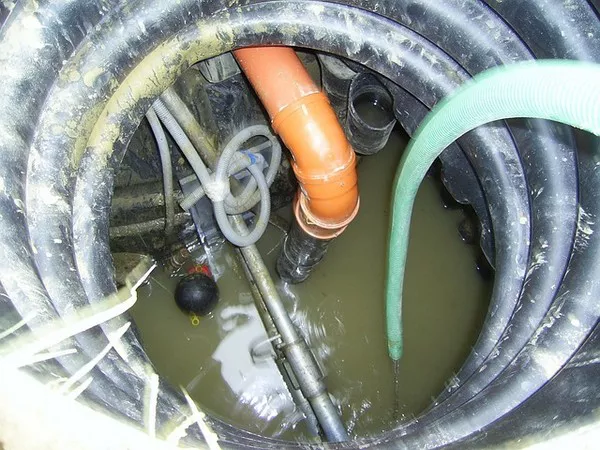Wastewater treatment is a critical component of modern environmental stewardship, safeguarding water resources and public health. Within this intricate process, sludge treatment emerges as an indispensable step. Sludge, the residual semi-solid material produced during wastewater treatment, contains a complex mixture of organic and inorganic substances. This article explores the compelling reasons behind the necessity of sludge treatment in the broader context of sustainable wastewater management.
Environmental Protection
One of the primary motives for sludge treatment is environmental protection. Untreated sludge contains a plethora of contaminants, including heavy metals, pathogens, and organic pollutants. If not properly managed, sludge can pose serious threats to ecosystems, contaminating soil, water bodies, and even air. Through effective sludge treatment, these harmful substances are removed or reduced to levels that are safe for the environment. This not only prevents ecological degradation but also contributes to the overall health of aquatic and terrestrial ecosystems.
Public Health Concerns
Sludge, in its untreated form, can harbor pathogens and other harmful microorganisms. When released into the environment, these contaminants can pose significant risks to public health. Inadequate sludge management may lead to the contamination of drinking water sources, soil, and crops, causing the spread of diseases. Sludge treatment is thus crucial in mitigating these health risks by eliminating or substantially reducing the concentration of pathogens, ensuring that the final product is safe for disposal or beneficial reuse.
Resource Recovery and Recycling
Beyond its potential hazards, sludge represents a valuable resource that can be harnessed through appropriate treatment processes. Sludge often contains organic matter, nutrients, and other beneficial components that can be recovered and recycled. By extracting these valuable elements, sludge treatment not only reduces the environmental impact of disposal but also contributes to the circular economy. Nutrient-rich sludge, for example, can be utilized as fertilizer, promoting sustainable agriculture and reducing the dependence on synthetic fertilizers.
Regulatory Compliance
Stringent environmental regulations govern the management of wastewater and its by-products. Authorities worldwide have established standards and guidelines to ensure that sludge is treated effectively before disposal or reuse. Compliance with these regulations is not only a legal requirement but also an ethical obligation to protect the environment and public health. Sludge treatment plays a pivotal role in meeting and exceeding these regulatory standards, ensuring that wastewater treatment facilities operate responsibly and sustainably.
Minimization of Odor and Aesthetic Concerns
Untreated sludge is often characterized by unpleasant odors and unsightly appearances. These characteristics can lead to public complaints and community dissatisfaction, impacting the social acceptance of wastewater treatment facilities. Through effective sludge treatment, these odor and aesthetic concerns can be minimized, enhancing the overall image of wastewater treatment processes. This, in turn, fosters better community relations and promotes a positive perception of environmental management practices.
Climate Change Mitigation
The organic content in sludge, if not treated properly, can contribute to the release of methane—a potent greenhouse gas—during decomposition. Methane emissions from untreated sludge can exacerbate climate change and undermine efforts to reduce overall greenhouse gas emissions. Sludge treatment technologies, such as anaerobic digestion, not only stabilize the organic matter but also capture methane for energy generation, providing a climate-friendly solution and contributing to the transition to a low-carbon economy.
Long-Term Sustainability
In the face of growing global population and urbanization, the demand for effective wastewater management continues to rise. Sludge treatment is an essential component of building a sustainable and resilient infrastructure for the long term. By investing in advanced sludge treatment technologies and practices, communities can ensure that their wastewater management systems can adapt to changing environmental conditions, technological advancements, and evolving regulatory requirements.
See Also: How Is Sludge Treated At Wastewater Treatment Plant?
Conclusion
In conclusion, sludge treatment is a critical and non-negotiable step in the journey of wastewater from source to environmentally responsible disposal or beneficial reuse. Beyond the regulatory requirements, the imperative of sludge treatment lies in its profound impact on environmental protection, public health, resource recovery, and climate change mitigation. As we navigate the challenges of a rapidly changing world, embracing sustainable wastewater management practices, with an emphasis on effective sludge treatment, becomes paramount for the well-being of both present and future generations.

